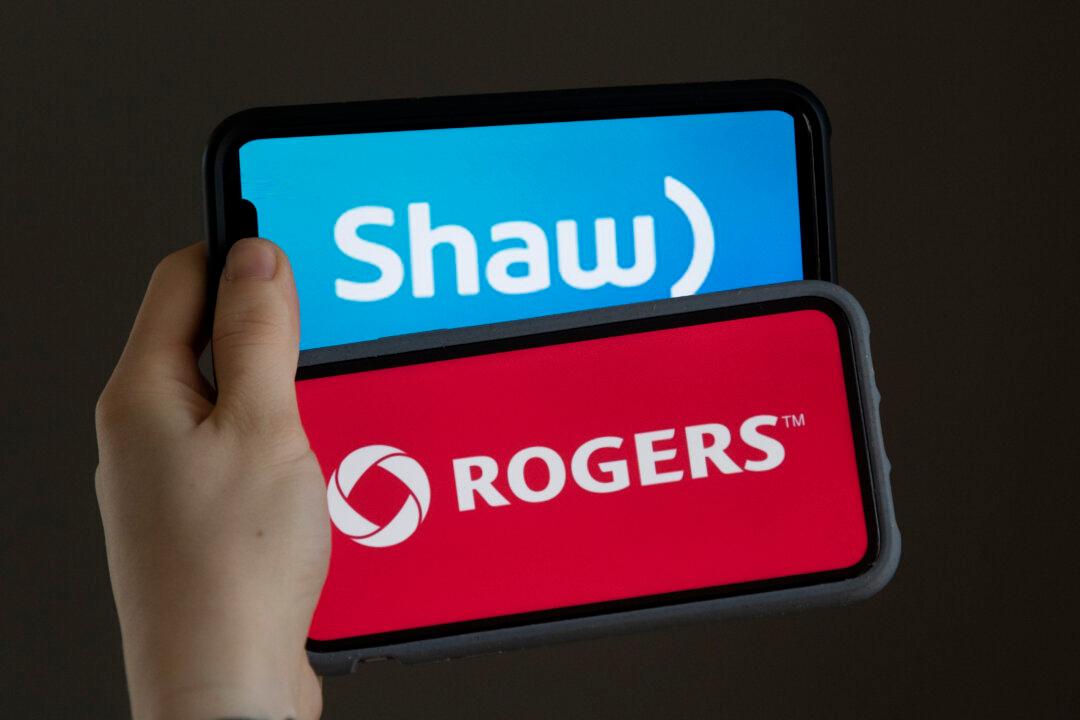The Rogers service outage that began July 8 has renewed discussion on the company’s proposed merger with Shaw and whether more competition is needed in the Canadian telecom industry.
President and CEO Tony Staffieri issued a statement offering an apology for the outage, saying the company realizes the impact the incident had on people across the country.





